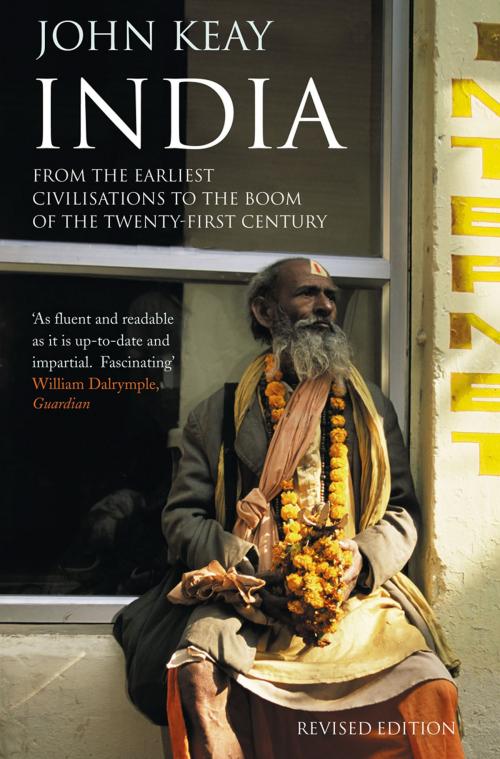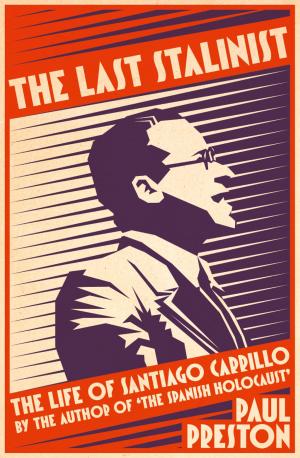| Author: | John Keay | ISBN: | 9780007382392 |
| Publisher: | HarperCollins Publishers | Publication: | July 25, 2013 |
| Imprint: | HarperCollins | Language: | English |
| Author: | John Keay |
| ISBN: | 9780007382392 |
| Publisher: | HarperCollins Publishers |
| Publication: | July 25, 2013 |
| Imprint: | HarperCollins |
| Language: | English |
The first single-volume history of India since the 1950s, combining narrative pace and skill with social, economic and cultural analysis. Five millennia of the sub-continent’s history are interpreted by one of our finest writers on India and the Far East. This edition does not include illustrations. Older, richer and more distinctive than almost any other, India’s culture furnishes all that the historian could wish for in the way of continuity and diversity. The peoples of the Indian subcontinent, while sharing a common history and culture, are not now, and never have been, a single unitary state; the book accommodates Pakistan and Bangladesh, as well as other embryonic nation states like the Sikh Punjab, Muslim Kashmir and Assam. Above all, the colonial era is seen in the overall context of Indian history, and the legacy of the 1947 partition is examined from the standpoint of today.
The first single-volume history of India since the 1950s, combining narrative pace and skill with social, economic and cultural analysis. Five millennia of the sub-continent’s history are interpreted by one of our finest writers on India and the Far East. This edition does not include illustrations. Older, richer and more distinctive than almost any other, India’s culture furnishes all that the historian could wish for in the way of continuity and diversity. The peoples of the Indian subcontinent, while sharing a common history and culture, are not now, and never have been, a single unitary state; the book accommodates Pakistan and Bangladesh, as well as other embryonic nation states like the Sikh Punjab, Muslim Kashmir and Assam. Above all, the colonial era is seen in the overall context of Indian history, and the legacy of the 1947 partition is examined from the standpoint of today.















